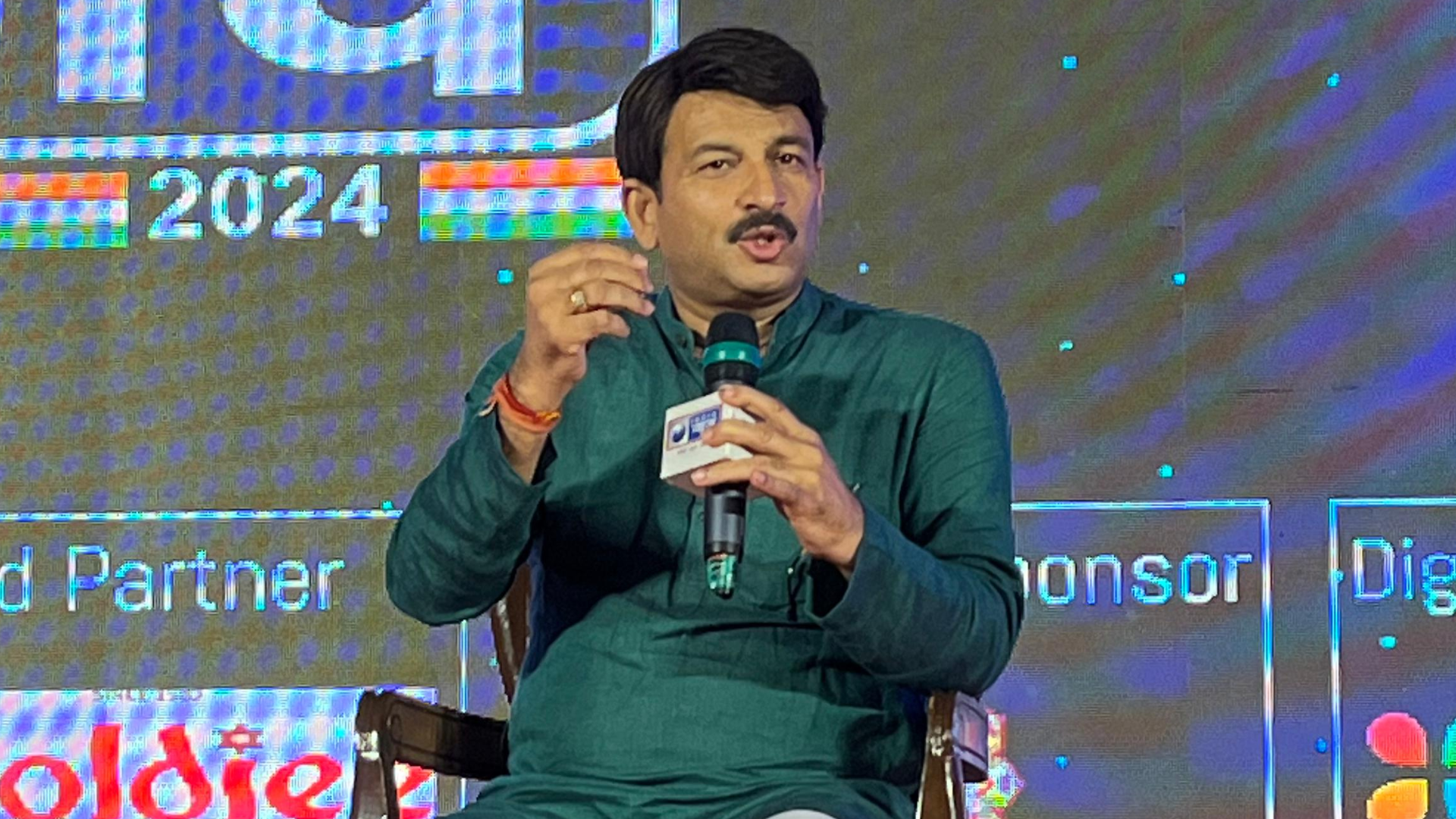German Chancellor Olaf Scholz said he is prepared for a vote of no-confidence in parliament before Christmas that could force the holding of snap elections. This comes ahead of the January vote previously suggested, as growing pressure from politicians and the public calls for swifter action.
Pressure Mounts for Quicker Vote after Coalition Collapse
The country’s politics came crashing down last week with the collapse of Scholz’s three-party coalition, which had ruled the country since December, over disagreements in spending priorities by the government on support for Ukraine and economic growth. Scholz responded to the crisis this Tuesday by demanding the house pass a vote of confidence on January 15, followed by snap elections in March. That suggestion, however, was met with calls from leaders of the opposition to hold the vote sooner.
Scholz Open to Earlier Confidence Vote
“I am not holding onto my job,” Scholz said in an interview with ARD television, signaling openness to the situation whether it leads to his resignation or a broader process of re-election. He stressed he was not trying to cling to power at all costs but acknowledged the political pressure to move the vote forward.
However, while Scholz had initially proposed a vote of confidence for January, that now appears increasingly unlikely. Two of the Green party’s elder statesmen, who share power with Scholz’s Social Democrats in a minority government, have stated they would support a vote in December. According to newspaper Bild, Green party members Anton Hofreiter and Irene Mihalic told the paper that it should come as soon as possible to break the political deadlock.
The conservative opposition, led by Friedrich Merz, demands a vote and, in case of necessity, an election in January, sooner than Scholz wanted to agree on. There’s thus more pressure put upon the SPD and Scholz, who was only just forced into a hasty decision about the course German policy is to take.
Scholz Encourages Calmness and Coalition on Election Date
Despite the increasing needs, Scholz sought to have a balanced and logical approach to indicate the timing of a vote of confidence. All parties were called into agreement over which law could be passed in the remaining time so that the session of the parliament should not compromise the final moves of the government.
Scholz Prepares To Carry Out Confidence Vote Early
Scholz said he was ready to hold an earlier vote of confidence if an agreement could be reached with his own SPD and opposition leader Merz over the timing. “It’s no problem whatsoever for me to call a vote of confidence before Christmas,” Scholz said, indicating his flexibility in dealing with the political crisis.
Green Party Voices Support for December Vote
One of the loudest voices for bringing forward the vote of confidence was from the Green party, a key partner in Scholz’s coalition. Both Hofreiter and Mihalic thought that an early vote would bring the much-needed clarity and move Germany out of its current state of political gridlock.
German Politics in Turmoil as Scholz Seeks Stability
With Germany’s political future now left hanging in the balance, what that decision makes by way of choosing when to hold a vote of confidence sets the course for the nation .
Scholz called for a framework debate about setting a date for the snap election, urging all factions to discuss some policies that would be enacted before the elections happen.
Scholz demands legislative agreement ahead of election
Speaking during his interview on Friday, Scholz called for parties to first reach an agreement on any remaining legislative work that could be accomplished before the election process begins. He emphasized this should focus on ensuring that governance of the country continues accordingly, and there should be no rush moves until then.
A Moment of German Political Uncertainty
With Scholz at the helm, maneuvering his country through the intricacies of this political crisis, the looming vote of confidence stands as a strategic moment for Germany. Whether sooner or later is the question of having the vote, plus how to continue governance in the country, in turn will decide long-term political stability in the country.
ALSO READ: Trump’s Call with Putin Focuses On Avoiding Ukraine War Escalation






















